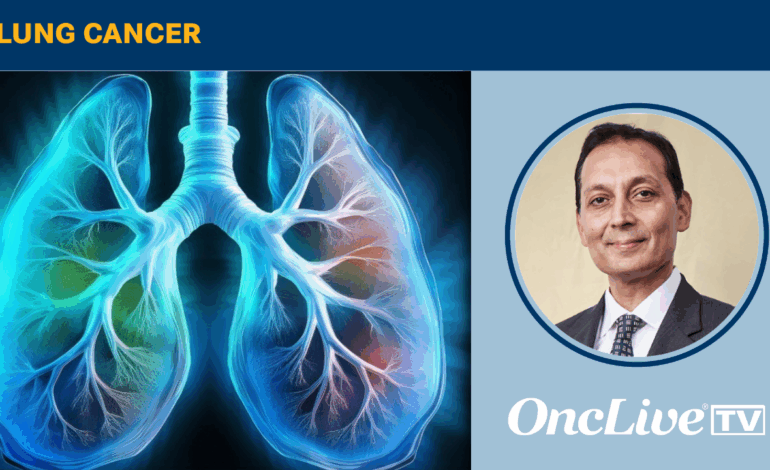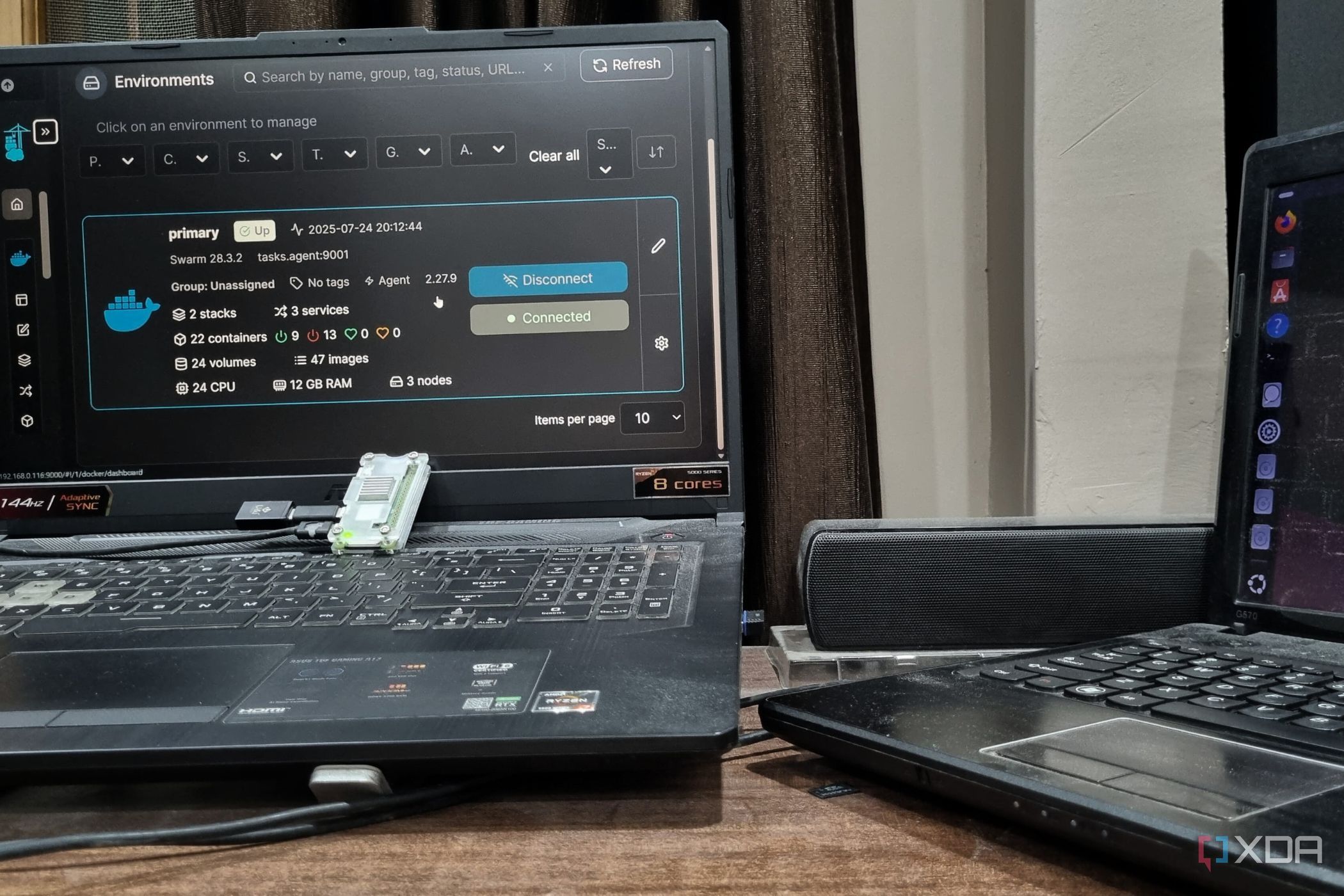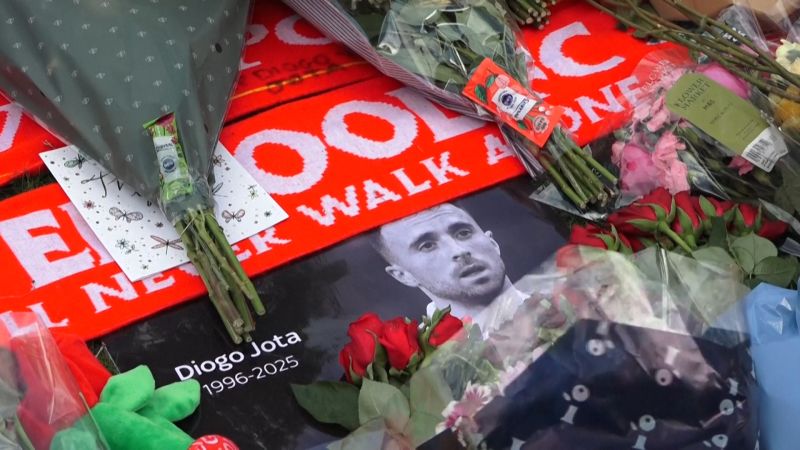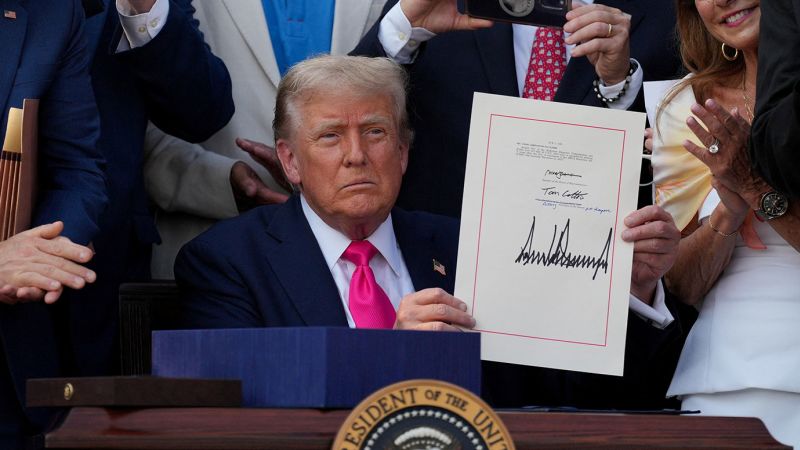Dr. Bhora Explores Breakthroughs in NSCLC Treatment Paradigm

Dr. Faiz Y. Bhora, a leading expert in thoracic surgery, has highlighted significant advancements in the treatment of resectable non-small cell lung cancer (NSCLC). Recent phase 3 trials, including **CheckMate 816**, **KEYNOTE-091**, and **AEGEAN**, have provided pivotal data that may alter the therapeutic landscape for this patient population. Dr. Bhora serves as a professor of surgery at the **Hackensack Meridian School of Medicine** and is the Chief of Thoracic Surgery for **Hackensack Meridian Health**’s Central Region.
The **CheckMate 816** trial investigated the efficacy of neoadjuvant nivolumab combined with platinum-based chemotherapy in patients with resectable stage IB to IIIA NSCLC. Results revealed a notable improvement in both pathological complete response (pCR) and event-free survival (EFS) when comparing chemoimmunotherapy to traditional chemotherapy alone. This trial established pCR as a meaningful surrogate marker for long-term patient outcomes.
In parallel, the **AEGEAN** trial assessed the effects of perioperative durvalumab in conjunction with chemotherapy. The study demonstrated an enhancement in EFS compared to a placebo plus chemotherapy, reinforcing the role of immunotherapy in perioperative strategies. Additionally, **KEYNOTE-091** focused on adjuvant pembrolizumab following complete resection, with or without adjuvant chemotherapy, revealing a significant disease-free survival advantage for patients with stage IB to IIIA NSCLC.
Dr. Bhora noted that these findings have rapidly expanded the adoption of perioperative immunotherapy strategies. He emphasized the consistent relationship between pCR and improved long-term survival outcomes across these studies. This underscores the necessity of achieving deep pathological responses, which could be pivotal in refining patient selection processes for neoadjuvant versus adjuvant immunotherapy.
Despite these promising developments, Dr. Bhora cautioned that the effectiveness of these new approaches hinges on systematic biomarker evaluation. Early molecular assessments for **EGFR**, **ALK**, and **PD-L1** status remain essential for guiding treatment decisions. Patients with identifiable genomic alterations typically respond more favorably to targeted therapies compared to immunotherapy options.
Furthermore, Dr. Bhora acknowledged the complexity of isolating the specific impacts of individual agents within the perioperative regimen. This challenge is reminiscent of difficulties encountered in other multimodal treatment strategies, making it essential for ongoing research to delineate the contributions of each component.
As the landscape of NSCLC treatment evolves, the integration of immunotherapy into pre- and post-surgical environments represents a significant shift in managing this challenging disease. Continued research and clinical trials will be crucial in refining these strategies and ensuring the best possible outcomes for patients.






